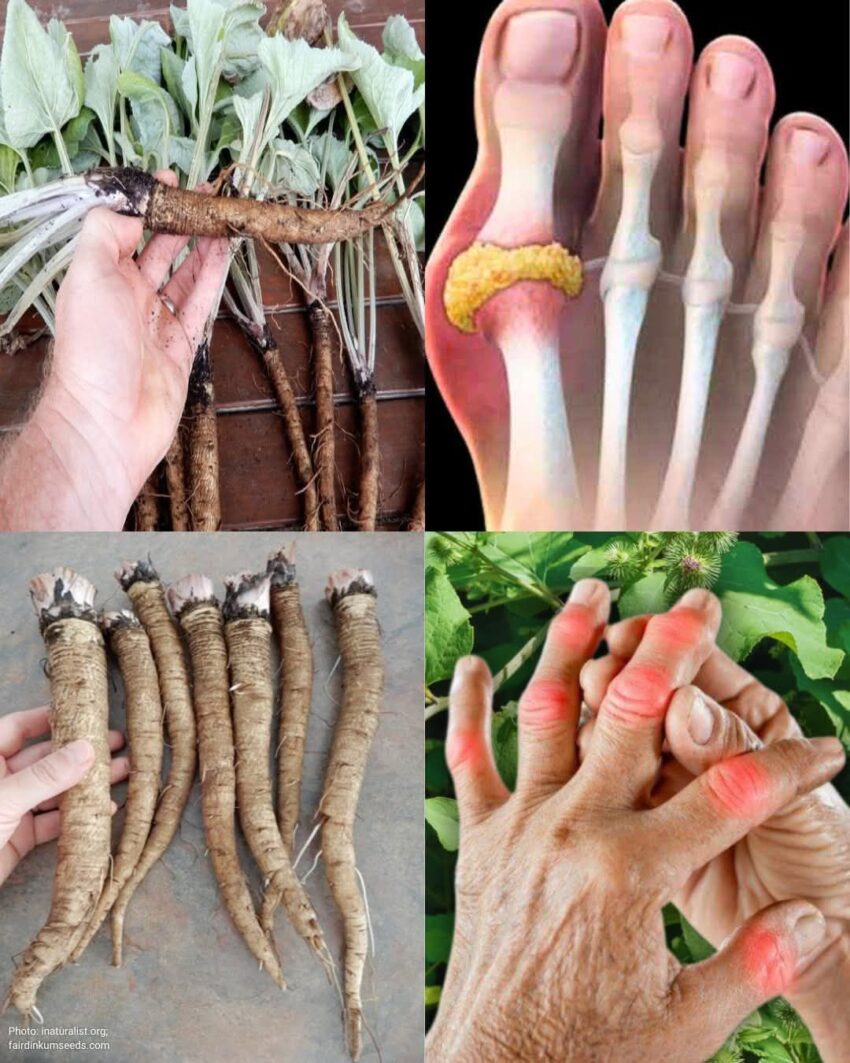Claims like “a plant that destroys cancer cells in 48 hours and is 100 times more effective than chemotherapy” are common on the internet, but should be approached with caution. These statements are often exaggerated, misleading, or taken out of context from preliminary lab studies.
🔍 Let’s break it down:
🌿 The Real Plant Behind the Hype:
One plant often cited in such viral claims is Artemisia annua (sweet wormwood), which contains artemisinin, a compound primarily known for treating malaria. Some lab studies have suggested artemisinin may kill certain cancer cells in vitro (in a petri dish) and show potential in combination with iron to selectively target cancer cells.
⚠️ But here’s the truth:
- These studies are early-stage, often in lab conditions, not in humans.
- No peer-reviewed clinical trial has shown any plant to be 100 times more effective than chemotherapy.
- Cancer treatment is complex and varies depending on cancer type, stage, and individual health.
✅ What’s Scientifically Supported:
- Turmeric (curcumin) – has anti-inflammatory and anticancer properties in lab studies.
- Green tea (EGCG) – may slow cancer cell growth in some models.
- Cannabis (CBD/THC) – shows potential in symptom management and some lab-based anti-tumor effects.
- Medicinal mushrooms (e.g., turkey tail) – studied for immune support during cancer treatment.
💬 Bottom Line:
There is no miracle plant that replaces chemotherapy. However, some plant-derived compounds do play major roles in cancer treatment, like:
- Vincristine and vinblastine from periwinkle (used in chemo)
- Taxol from the Pacific yew tree
- Camptothecin from the Chinese happy tree
Would you like me to list scientifically studied plants used in real cancer treatments or help you separate fact from fiction on any other health claims?
